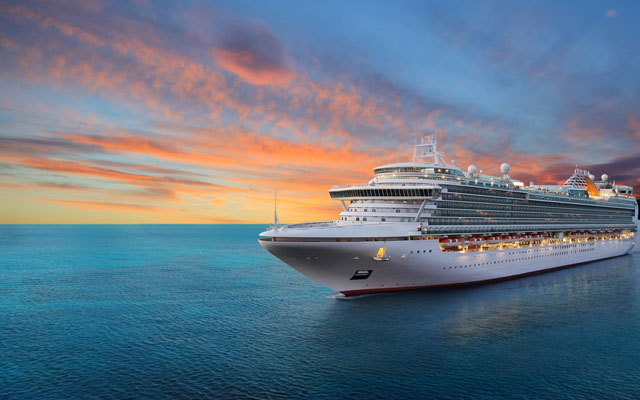
The cruising industry holds enormous potential for even further growth as Asian travellers understand its offerings better, and leisure travel players are not the only ones who will benefit from the boom.
Latest statistics from the Cruise Lines International Association (CLIA) revealed that the demand for cruising has grown year-on-year, and it is expected to almost double by this year-end to 30 million passengers, a boom from 17.8 million a decade ago.

Last year also brought with it the highest number of Asian cruisers at 4.2 million, which represented a 4.6 per cent year-on-year growth over 2017.
All this information and more were shared with delegates in a keynote address from Jiali Wong, regional manager – Asia, CLIA, at the Asian MICE Cruise Conference on Tuesday morning.
Wong further revealed that the average cruiser age in Asia was 45.4 years in 2018, slightly younger than the global average of 46.7 years. These cruisers tended to favour trips “closer to home”, as cost and time saved from fly-cruise holidays were more important.
As lines between business and leisure blur even further, business events specialists are on the lookout for unconventional venues that can offer facilities for both meetings and leisure, which puts cruising in a favourable position.
The number of passengers globally are also expected to reach 40 million in 2028, a significant jump from the 28 million bookings last year. Coupled with more than 120 new CLIA member cruise ships projected to be in operation by 2027 – of which 50 per cent will be mega ships with more than 100,000 gross tonnage, the future of cruising has never looked brighter.
Overall, Asia-Pacific was the third largest source market for cruising last year, holding a 15 per cent market share (5.7 million passengers), and a decade from now, 9.2 per cent of ships are expected to ply the waters in the Asia-Pacific.




















